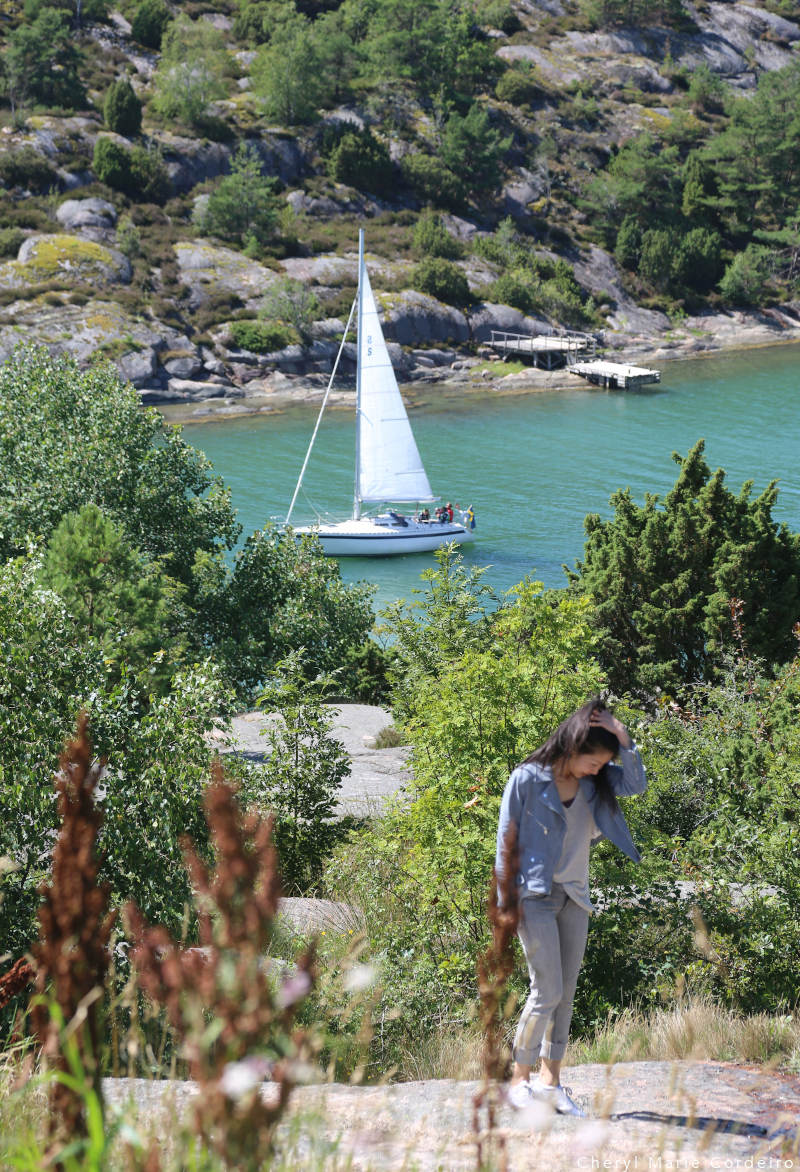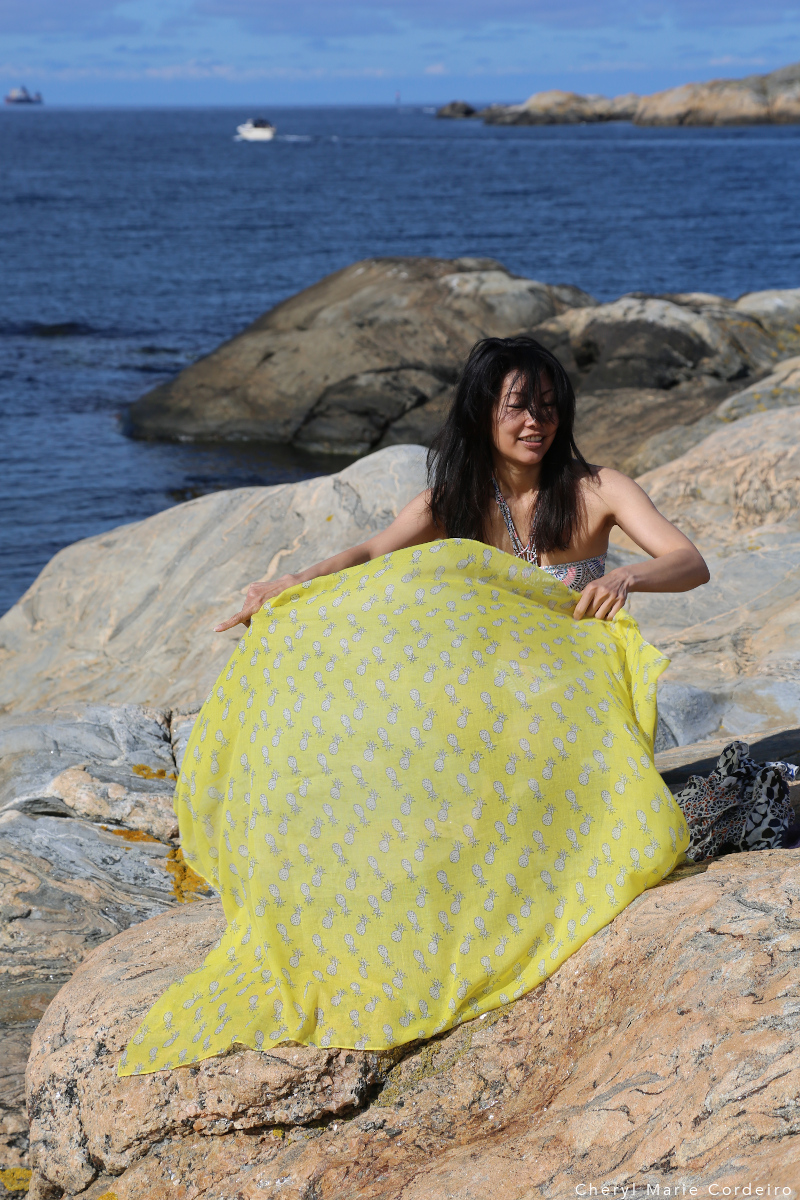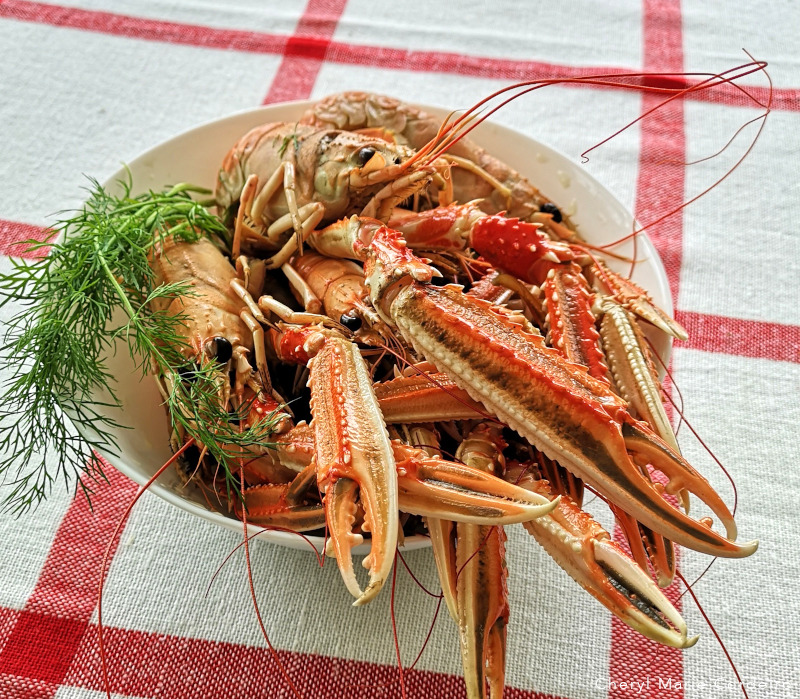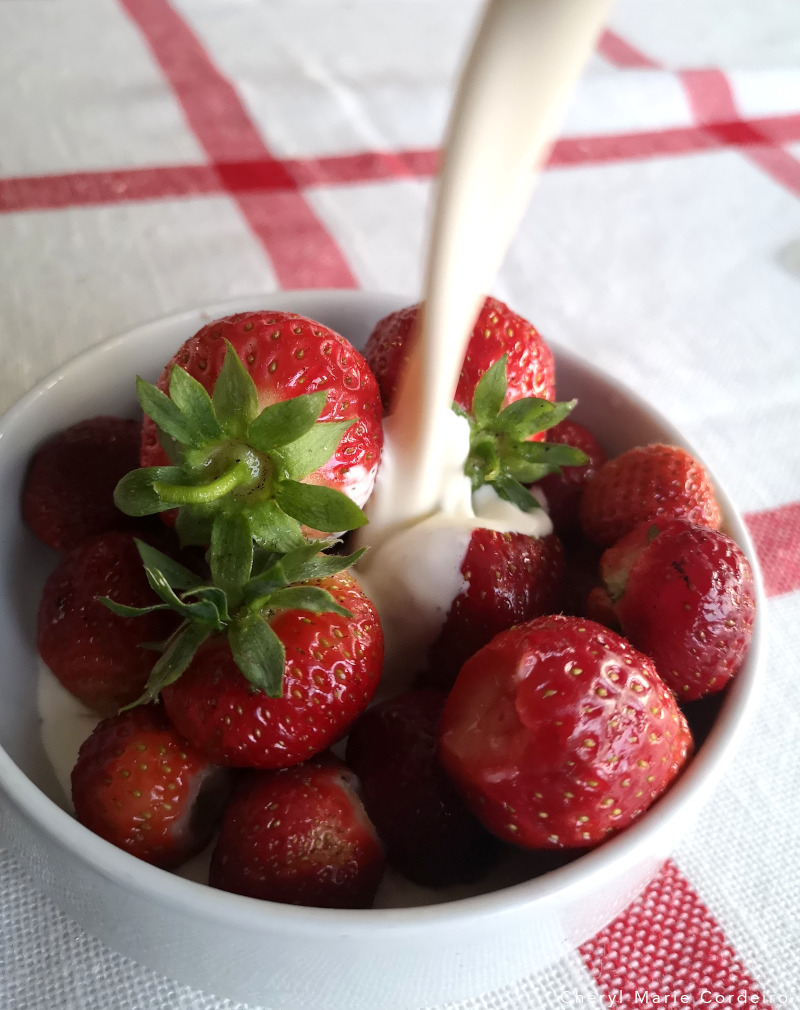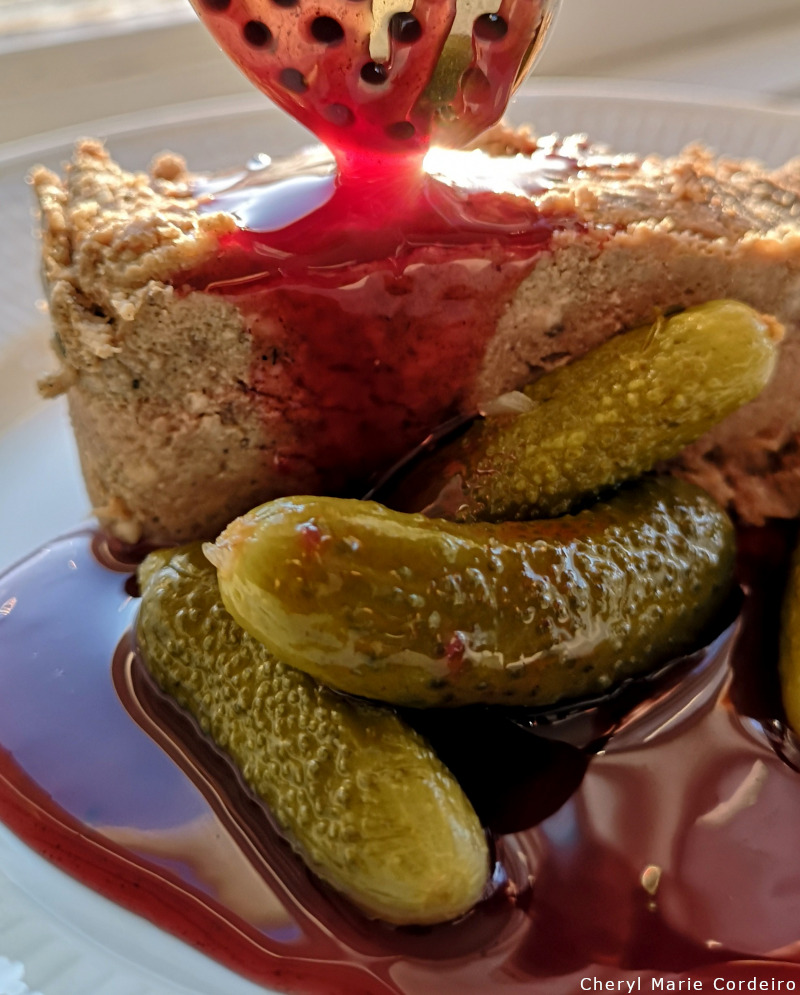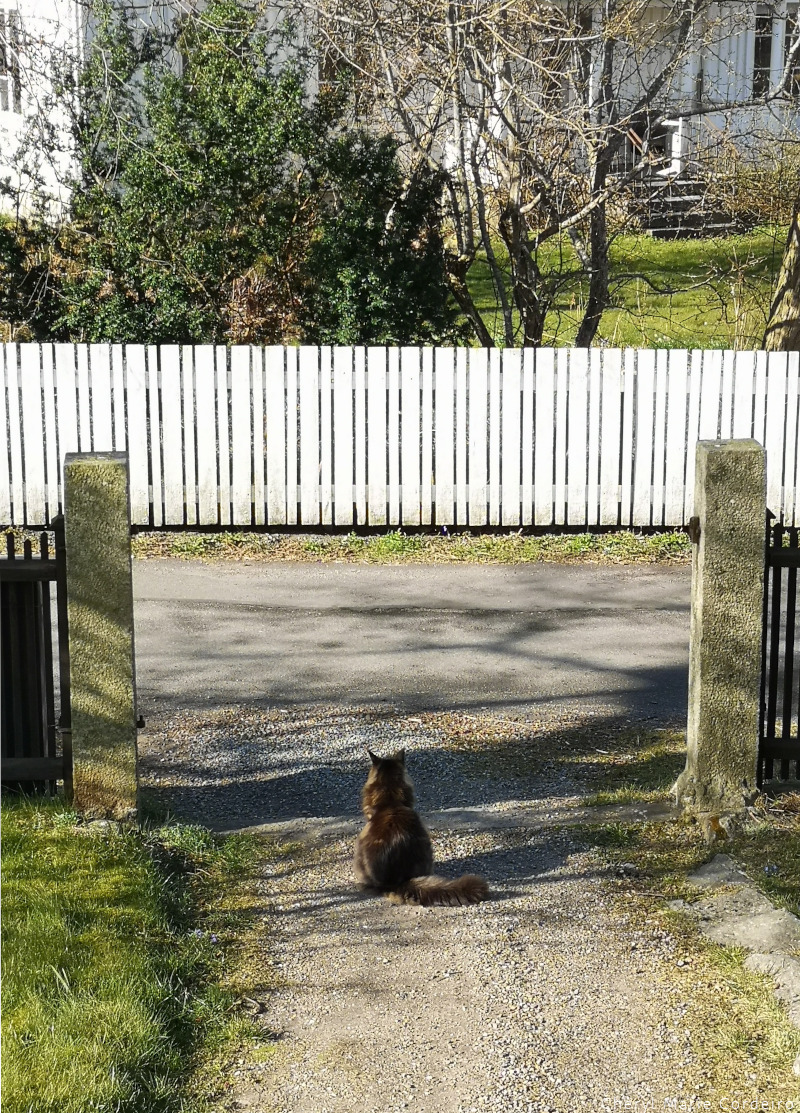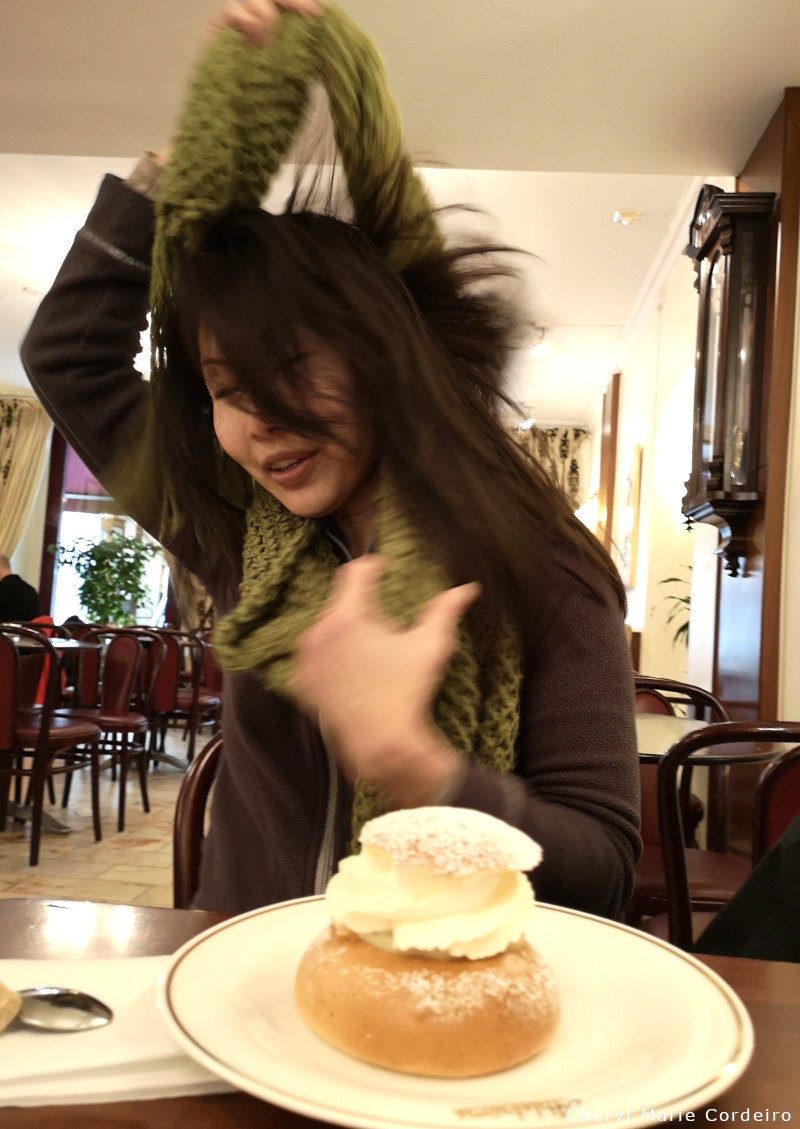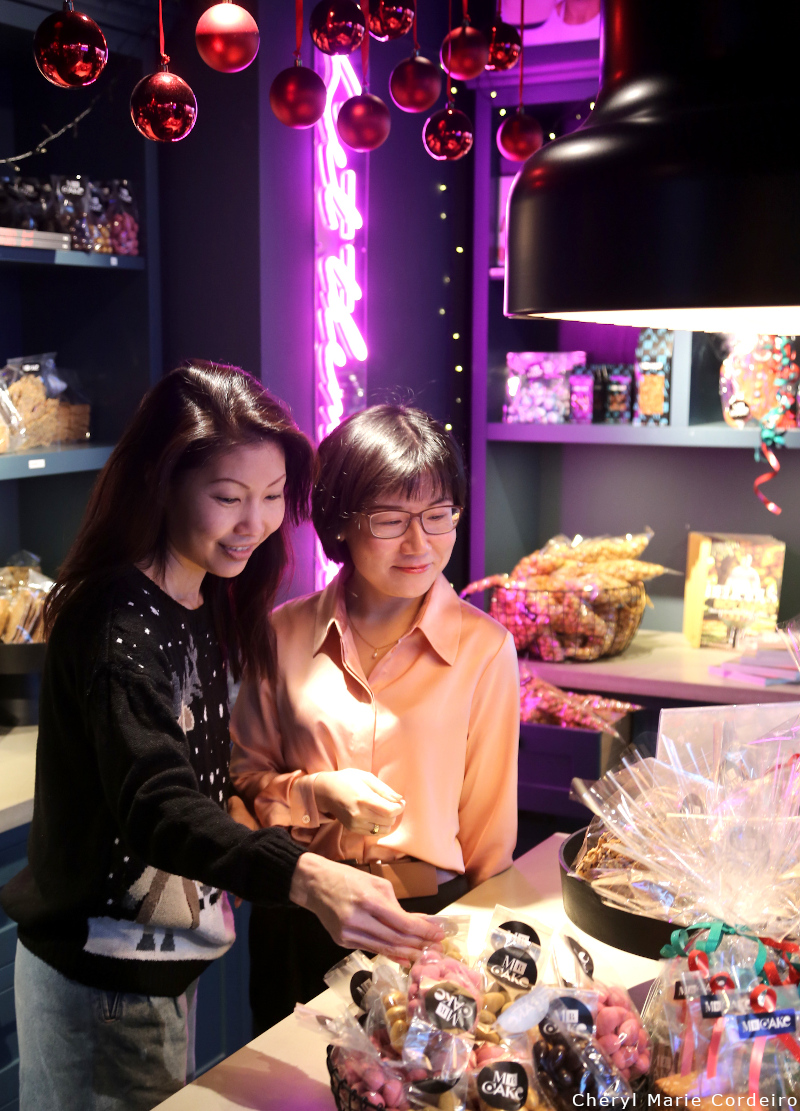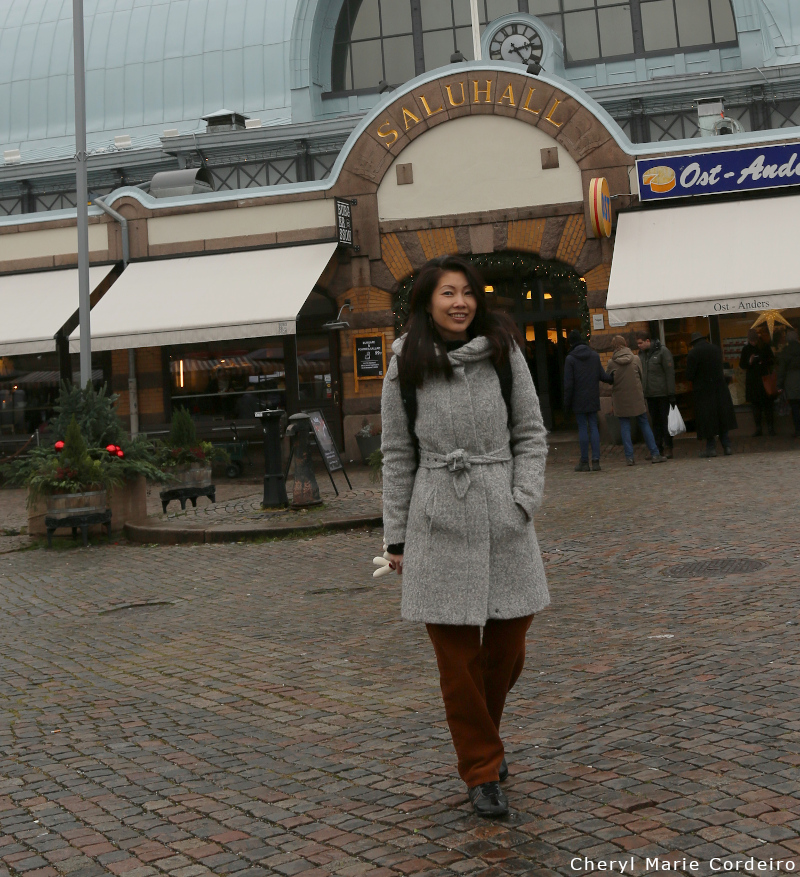Along the Swedish west coast across the islands of Tjörn and Orust, Sweden, Summer 2020.
Text & Photo © JE Nilsson & CM Cordeiro 2020
If you take the E6 expressway from the city of Gothenburg by car, you’ll get to the islands of Tjörn and Orust in about 45 mins. The twin islands are perfectly charming places to visit particularly during the summer months, with many antique shops for browing, and cafés to serve as rest stops.
It was just about lunch time when we drove across the Tjörn bridge, so we thought to try lunch at Restaurang Tjörnbron. Known for its excellent menu and friendly service, Restaurang Tjörnbron is located at one of west coast Sweden’s most scenic spots, at the top of a lookout point into the waters of Tjörn, right at the corner of the bridge.
